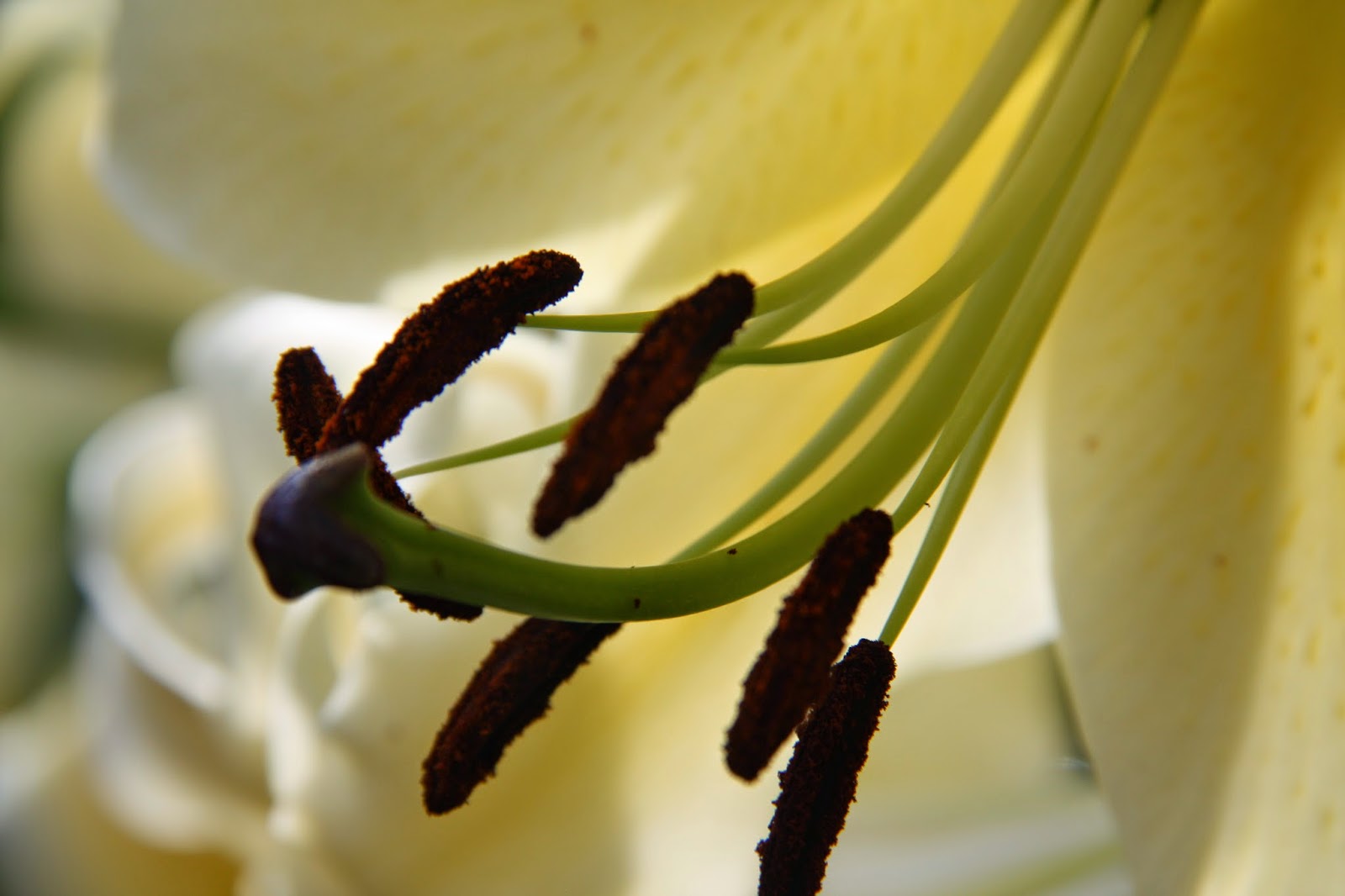Recently I had the pleasure of hosting a house concert by the wonderfully talented Emily Kraemer. Readers of this blog will know that I have interviewed Emily in the past.
Emily was joined by her sister Natasha on cello and occasional guitar. They played a varied set drawing on her last three albums. I was especially taken with performance of Sandy Heart.
House concerts are such intimate affairs that allow interaction between the artist and the audience. This was the third time we had organised an event and thanks must go to Liz for cooking such wonderful food.
If you are feeling adventurous why not organise your own house concert? All you need is a large enough space to fit the number of people you are inviting and an musician willing to play. I would suggest that you make it clear that you will be passing the hat around and suggest that you set a minimum amount. Good luck and thank you once again Emily and Natasha.
Emily was joined by her sister Natasha on cello and occasional guitar. They played a varied set drawing on her last three albums. I was especially taken with performance of Sandy Heart.
House concerts are such intimate affairs that allow interaction between the artist and the audience. This was the third time we had organised an event and thanks must go to Liz for cooking such wonderful food.
If you are feeling adventurous why not organise your own house concert? All you need is a large enough space to fit the number of people you are inviting and an musician willing to play. I would suggest that you make it clear that you will be passing the hat around and suggest that you set a minimum amount. Good luck and thank you once again Emily and Natasha.









.JPG)







